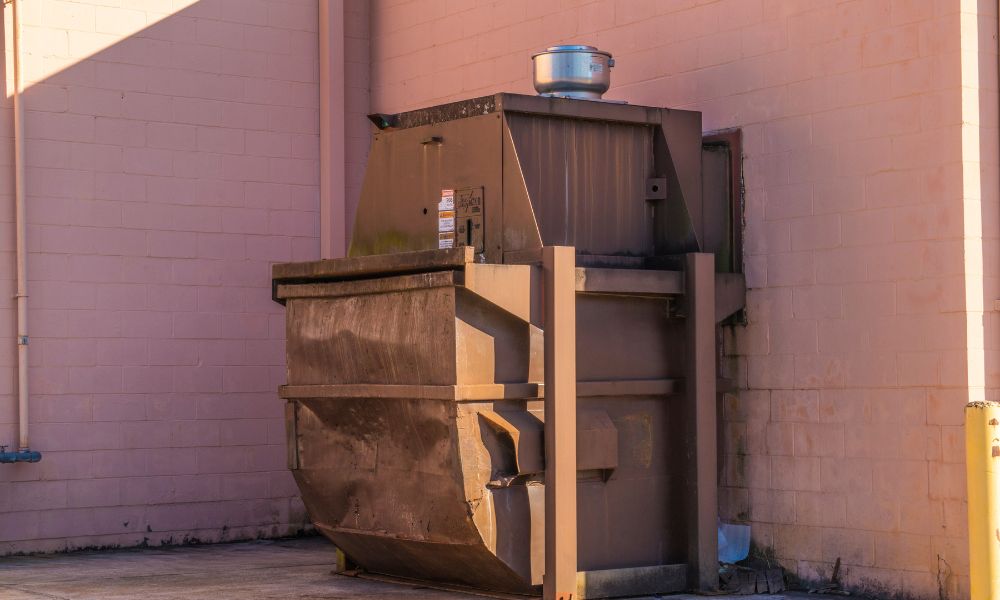
Effective product management and keeping a clean and safe environment are essential for most businesses, especially when providing essential services and items. Various implementations can achieve those characteristics to help a business save valuable resources, like time and money, effectively in the short and long term.
Grocery stores are no exception to the want to offer the best possible service; this includes trash and waste solutions. These tips for essential waste management for grocery stores will provide valuable information on consistently providing a safe space and an enjoyable shopping experience.
Find Opportunities to Reduce Waste
Grocery stores must deal with various products and processes that could produce large amounts of waste. Therefore, waste management practices must adjust to the waste’s volume for reliable implementations to remain effective.
Stores can work with suppliers to minimize packaging waste, prevent older products from expiring on their shelves by selling them first, and give back to the community. These practices will positively impact the environment, save resources, and help stores maintain a positive reputation.
Rent a Waste Compactor
Waste is inevitable, but it is possible to reduce it by managing it correctly and preventing unwanted situations like diseases and disorganized spaces. Waste compactors are the best solution to enhance an area, deal with the different types of waste, and provide the option to recycle.
A vertical baler rental effectively deals with dry waste and recyclables. Renting instead of buying will benefit a grocery store as it reduces the need for constant updates, creates fewer expenses, and decreases store maintenance costs.
Practice Efficient Organization
Grocery stores must consider every aspect of their business, from energy consumption to logistics and food handling, to manage waste effectively, save money, and minimize errors. Grocery stores rely on organization, easy access, distribution, and management processes to deliver a great customer experience. Doing so requires time and dedication—though having functional machines and knowledgeable staff members will help them maintain high levels of consistency, quality, and waste management efficiency.


